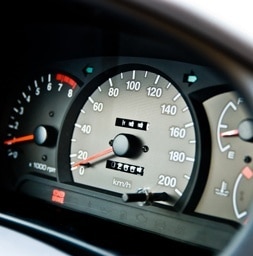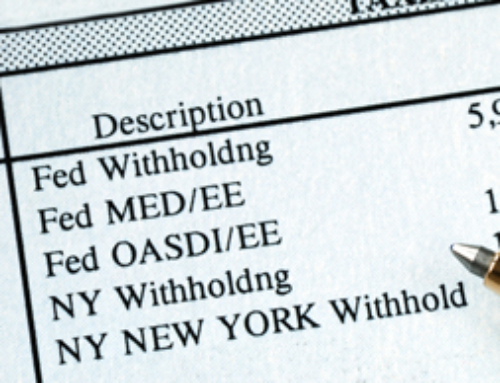 IRS released the new mileage rates for business use of your car, effective July 1, 2011. From July 1 – December 31, 2011, your new mileage rate is 55.5 cents per mile. From January 1 – June 30, 2011, it was 51 cents per mile. The rate for moving and medical mileage increase to 23.5 cents per mile from 19 cents. Charitable mileage stays the same, at 14 cents.
IRS released the new mileage rates for business use of your car, effective July 1, 2011. From July 1 – December 31, 2011, your new mileage rate is 55.5 cents per mile. From January 1 – June 30, 2011, it was 51 cents per mile. The rate for moving and medical mileage increase to 23.5 cents per mile from 19 cents. Charitable mileage stays the same, at 14 cents.
This isn’t the most confusing year ever. During the year of Hurricane Katrina, we had new rates three times, plus special rates for Katrina disaster workers. That was fun.
Not very charitable
Did you notice that the charity mileage doesn’t change? It literally takes an act of Congress to change the rate for charitable mileage. IRS does not control that rate. Congress never even looks at it. So it is and has been 14 cents for a decade or more.
Hidden depreciation
Most people who use their cars for business or work know that you can use either the standard mileage deduction or you may use actual expenses. When you use the actual expenses, you get to claim depreciation deductions, in addition to the insurance, registration fees, repairs and fuel costs.
What you may not have known is, the standard mileage rate has depreciation built right into it. When you sell the car, people of think they don’t need to take depreciation into account. Wrong.
Use the table here on the Small Business Taxes & Management site to determine how much depreciation you used each year, based on the total number of business miles you reported on your tax returns.
Let’s look at an example.
Suppose you drive 10,000 miles per year for business, starting in January 2008 through June of 2011.
2008 – 10,000 x 21 cents = $2100 depreciation
2009 – 10,000 x 21 cents = $2100 depreciation
2010 – 10,000 x 23 cents = $2300 depreciation
2011 – 5,000 x 22 cents = $1100 depreciationTotal depreciation taken = $7600.
Selling a business car
Let’s say you bought the car for $30,000 on January 2008 and used it 80% for business. Now you’re selling it on July 1, 2011 for $12,000.
You would report the sale as follows:
Personal losses are never deductible.
But the business loss is. Oddly enough, most people who sell their business vehicles don’t bother to report the sale. They cheat themselves out of a deductible loss.
Some people who do report the sale neglect taking the depreciation into account. They end up reporting a much higher loss than they are entitled to use ($24,000 – $9600 = $14,400). Losses that large tend to get noticed – and are apt to get audited. Let’s hope that never happens to you!
READ MORE:
Wedding-related Tax Benefits
Common Mistakes the Self-Employed Make
Plan Ahead for Next Year’s Taxes with Green Tax Credits – Part 1
Plan Ahead for Next Year’s Taxes with Green Tax Credits – Part 2
How Divorce Affects Your Tax Return
Sales Tax – Are All Those Receipts Worth Saving?
Eva Rosenberg, EA is the publisher of TaxMama.com , where your tax questions are answered. Eva is the author of several books and ebooks, including the new edition of Small Business Taxes Made Easy. Eva teaches a tax pro course at IRSExams.com and tax courses you might enjoy at http://www.cpelink.com/teamtaxmama.







